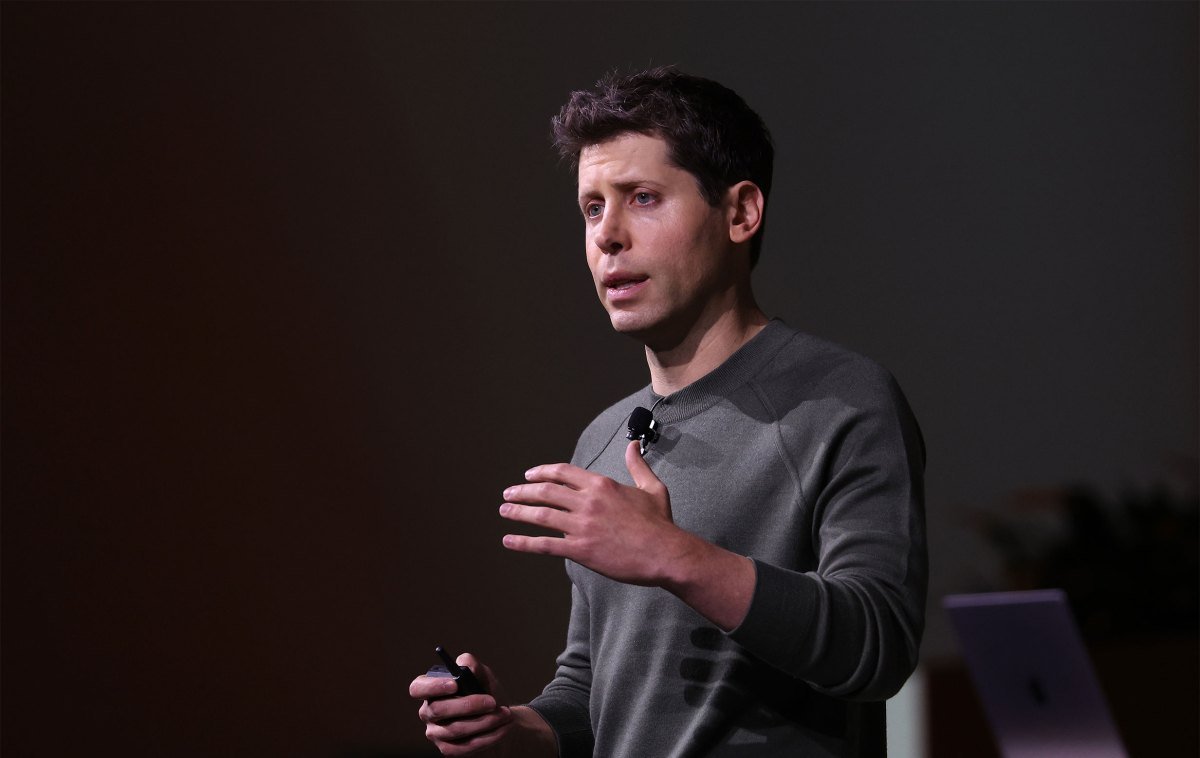OpenAI has responded to a letter sent by the Congressional Black Caucus that flagged the lack of diversity on its board.
OpenAI’s response letter, which TechCrunch saw, was dated January 5 and signed by CEO Sam Altman and Chairman of the Board Bret Taylor.
The OpenAI board has received criticism for its lack of gender and racial diversity since its reconfiguration after Altman’s ousting and prompt return in November.
The company stated that building a complete and diverse board was one of their top priorities. They also mentioned that they were working with an executive search firm to assist in finding talent.
In mid-December, CBC Chairs Rep. Emanuel Cleaver and Rep. Barbara Lee sent a letter to OpenAI, urging them to “move expeditiously” in diversifying their board. The letter highlighted the importance of a Black perspective in developing machine learning tools, in order to mitigate any potential AI bias. It was addressed to Altman, Taylor, and board members Larry Summers and Adam D’Angelo.
The CBC letter then posed five questions to OpenAI, including whether the company had any DEI goals for the board, and how it was ensuring women and people of color were being considered for roles. It initially gave OpenAI a December 29 response deadline.
“The board of OpenAI, a non-profit public institution created to ensure that AI benefits all of humanity, is now composed exclusively of white men,” the CBC letter read. “It is our hope that you will work with us and acknowledge by example the importance of the perspectives and experiences of women and people of color on the future of AI.”
In its response, OpenAI did not directly address CBC’s request regarding the inclusion of Black voices on the board. However, the company reaffirmed its commitment to addressing harmful AI biases and cited several examples, such as its policies against hateful content and its tools for detecting hate speech. It also mentioned that its vision model was trained to not respond to stereotype-based questions.
The letter ended with OpenAI acknowledging the importance of diversity in the future of AI and expressing a desire to work with the CBC. TechCrunch reached out to OpenAI for further comment on its response and plans for diversifying its board, but did not receive an immediate response. As of this month, the company’s board search remains ongoing and no new names have officially been added.
Rep. Emanuel Cleaver told TechCrunch that he appreciated the response from OpenAI and was encouraged by their commitment to hiring an outside firm to support their diversity efforts. However, he also expressed his disappointment in the lack of concrete plans mentioned in the response.
“I hoped for a stronger response that would include something to the nature of ‘we are trying right now to look across the ethnic, racial, and gender barriers, and we hope to be moving in the direction of higher inclusivity,'” Rep. Cleaver said. “I looked for something where that might have been implied, and I did not find that.”
He plans to present the letter at the next CBC luncheon to gather their thoughts on OpenAI’s response. In addition to this, the CBC also sent a letter to the Department of Labor last month, asking them to investigate whether the ongoing layoffs in the tech industry disproportionately affect the Black community. The department confirmed that they had received the letter and were currently reviewing it.








